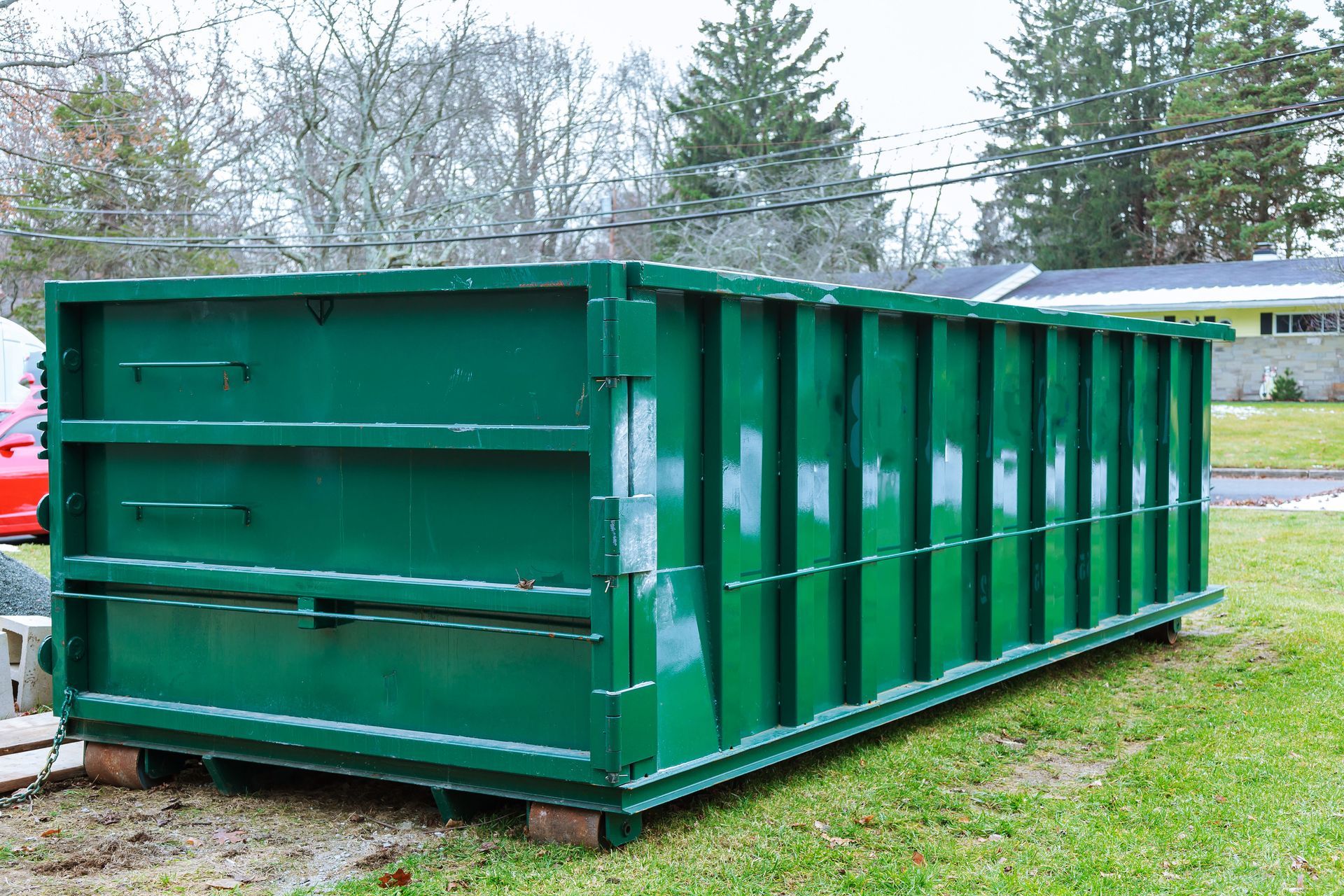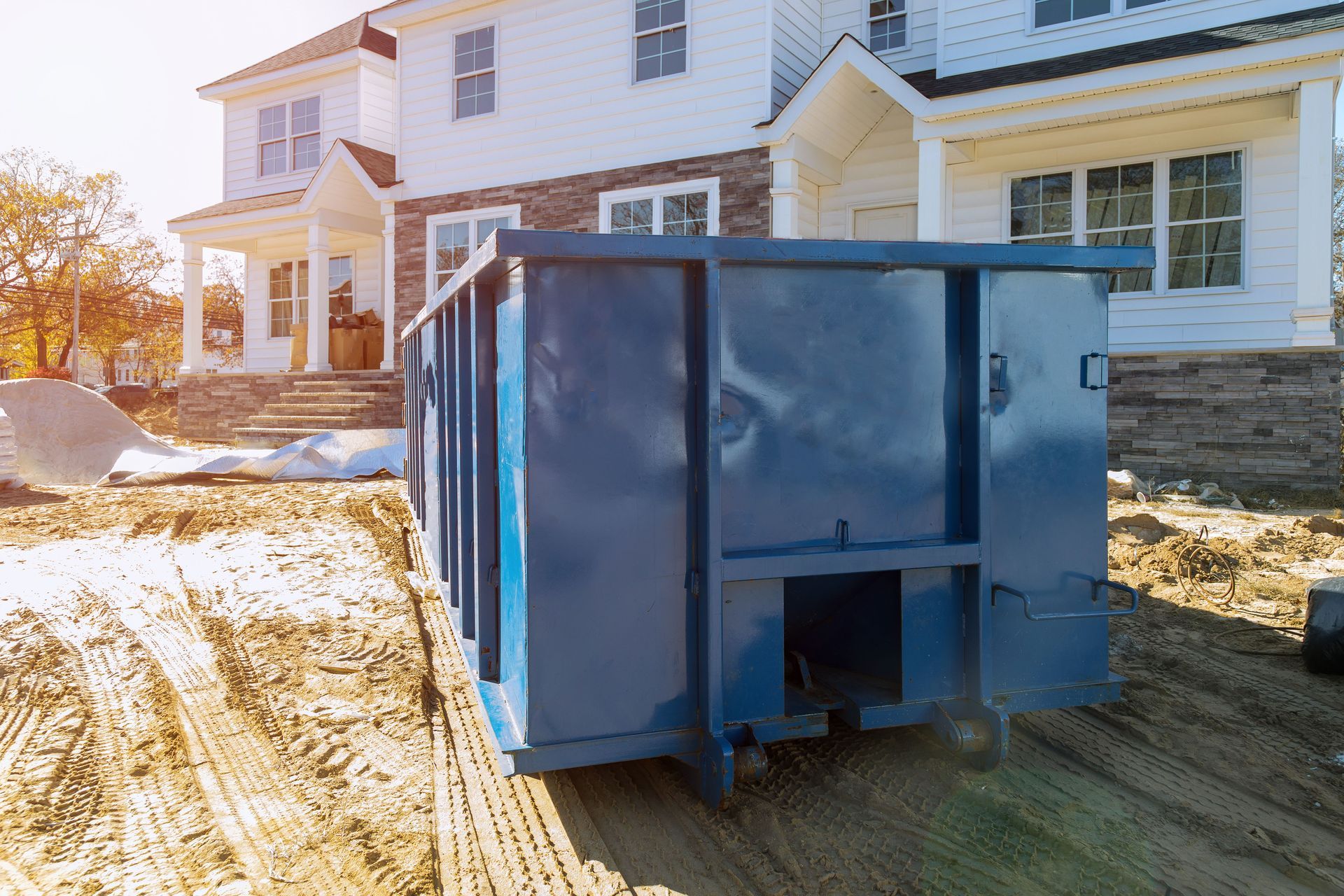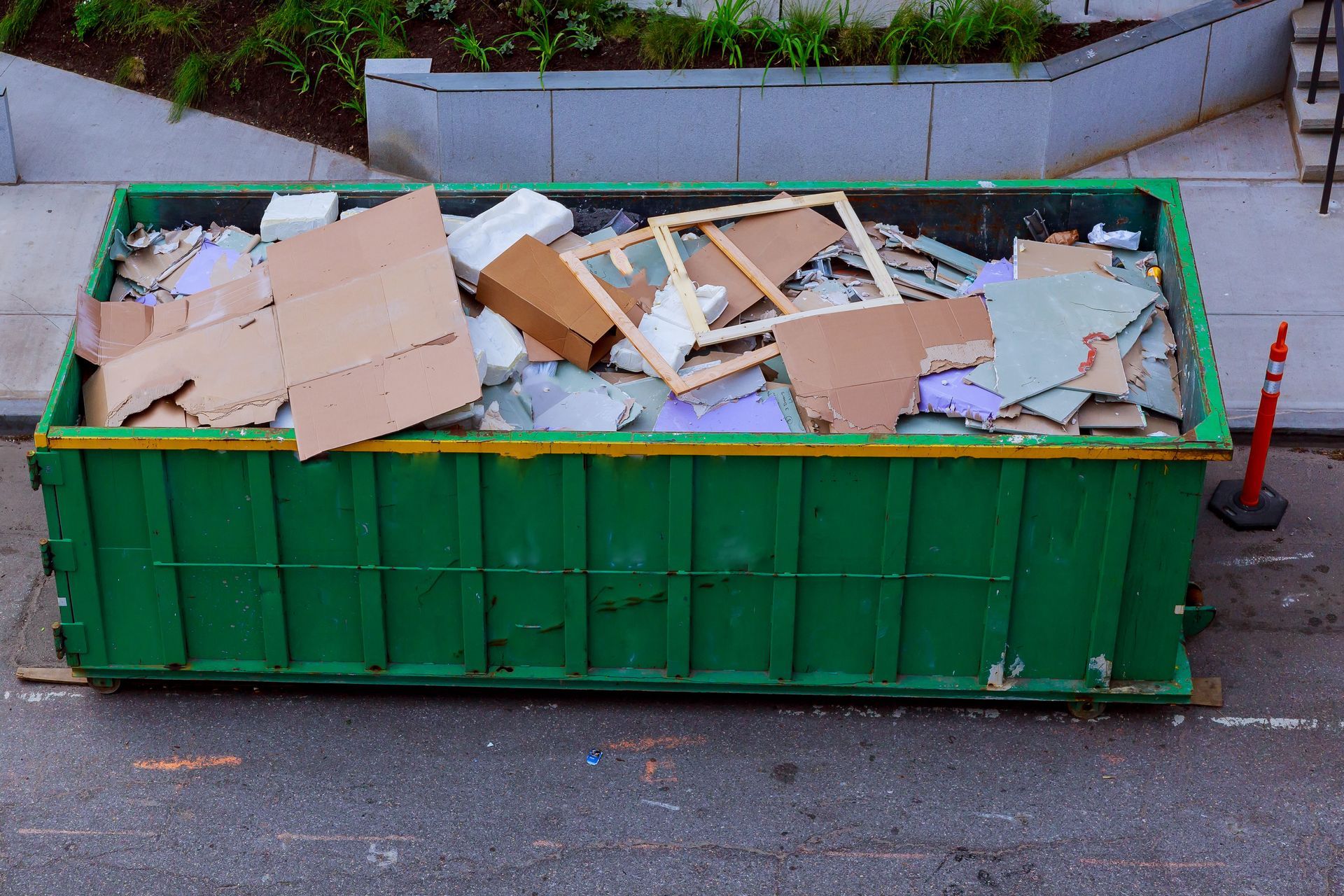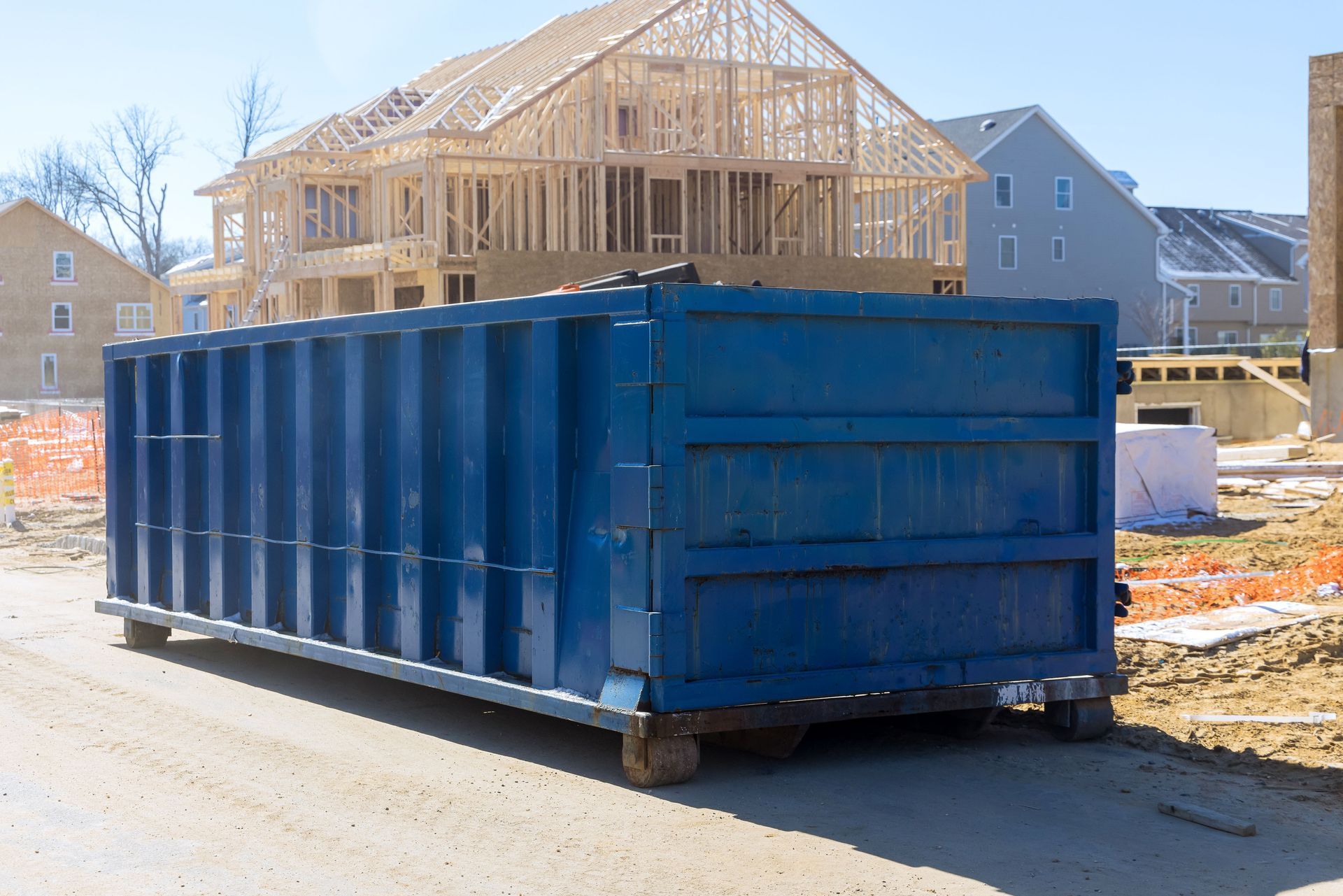6 Things You Need to Know About Dumpster Rentals for Your Next Project
Proper waste management is often one of the most overlooked aspects of project planning. Whether you are preparing for a home renovation, construction job, or large-scale cleanup, having the right system in place can make or break your timeline and budget. That is where dumpster rentals come in. These services provide temporary waste containers in a variety of sizes, offering a streamlined way to manage debris that standard trash pickup cannot handle. From cost savings to regulatory compliance, understanding how dumpster rentals work is key to making informed choices. This guide breaks down the essentials of choosing the right provider, budgeting effectively, and maximizing efficiency so you can move forward with confidence.
1. What Dumpster Rentals Are and Why They Matter
Dumpster rentals are temporary waste management services designed to handle large volumes of debris that ordinary trash bins cannot accommodate. A rental typically includes delivery, placement, collection, and disposal, making the process convenient for both residential and commercial projects. They are available for short-term and long-term periods, allowing flexibility depending on the project’s scope.
The value of dumpster rentals lies in their ability to simplify cleanup. Instead of making multiple trips to a landfill or relying on insufficient trash collection, you can consolidate everything in one container. This not only saves time but also ensures safe handling of waste, particularly bulky or heavy materials such as concrete, wood, or old fixtures. Whether tackling a bathroom remodel, clearing out an attic, or demolishing part of a structure, dumpster rentals provide a straightforward solution for managing waste efficiently.
2. Types of Dumpsters and Their Common Uses
Not all dumpsters are created equal, and choosing the right type is essential to keeping your project running smoothly. Roll-off dumpsters are the most popular option for construction projects due to their size and ability to handle bulky debris. For smaller cleanouts or lighter materials, front-load dumpsters are more practical.
These options make dumpster rentals versatile across industries. Homeowners frequently rent dumpsters for remodels and cleanouts, while contractors rely on them for construction and demolition debris. According to Science Direct, construction and demolition (C&D) waste, including that from residential projects, accounts for approximately 30% to 40% of the total solid waste stream. This statistic highlights the crucial role dumpster rentals play in reducing the strain on landfills and promoting more organized waste disposal practices.
3. Factors to Weigh When Selecting a Rental Service
Choosing the right provider is just as important as selecting the right dumpster size. A company’s reputation speaks volumes about its reliability. Checking online reviews, testimonials, and ratings can help you determine whether a rental service delivers on time and handles pickups as promised. Established providers typically carry insurance, giving you peace of mind if any unexpected issues arise.
Pricing is another critical factor. Rates often depend on the size of the dumpster, rental duration, and type of waste being disposed of. To avoid hidden fees, request a detailed quote upfront. Some companies may charge overage fees for exceeding weight limits or additional costs for restricted materials. Transparent pricing ensures you can budget with accuracy.
Finally, always review the terms and conditions. These documents outline prohibited materials, acceptable weight limits, and your responsibilities during the rental period. Overlooking these guidelines can result in penalties or additional charges. Clear communication with your provider helps prevent misunderstandings and ensures a smooth rental experience.
4. Costs, Pricing Factors, and Budgeting Strategies
Understanding the cost structure of dumpster rentals is essential for keeping projects on budget. Some companies offer all-inclusive pricing, while others itemize charges for delivery, pickup, and disposal.
Several factors influence these costs, including dumpster size, rental length, and type of waste. For instance, disposing of heavy materials like concrete or restricted items often costs more than lighter debris. Rental duration also plays a role—keeping a dumpster beyond the agreed timeline can result in extension fees.
To save money, accurately estimate your waste volume before booking. Renting too small a dumpster often leads to overage charges, while renting one too large can waste money. Another smart tactic is sharing a dumpster with a neighbor or a nearby project to split costs. Booking during off-peak seasons may also provide opportunities for discounted rates.
5. Choosing the Right Dumpster Size for Your Needs
Selecting the correct size is one of the most important steps when arranging dumpster rentals. A size that is too small risks overflow and additional fees, while one that is too large could mean wasted money. Begin by evaluating the types and quantities of materials you expect to discard. Creating an inventory list of waste items can help you estimate debris volume more accurately.
At Debris Box, our dumpster sizes include 9, 25, and 40 yards. A 9-yard container is typically sufficient for small cleanouts or minor renovations. A 25-yard dumpster offers versatility for medium projects such as kitchen remodels or roofing work. Large 40-yard containers are ideal for major construction jobs or whole-home cleanouts. We also offer 3-yard and 4-yard bins for smaller clean-up jobs.
In many cases, opting for a slightly larger size provides more flexibility. While the upfront cost is higher, it often eliminates the need for a second rental if waste volume exceeds expectations. Overestimating capacity is usually a safer financial decision than underestimating, especially for projects with uncertain scopes.
6. Best Practices and Pitfalls in Using Dumpster Rentals
Renting a dumpster is only part of the equation—using it efficiently ensures you get the most value. Start with loading techniques: place heavy, bulky items at the bottom to create a stable base, then fill in gaps with smaller debris. Breaking down materials such as furniture or drywall sheets can significantly increase capacity. Distribute weight evenly to prevent tilting and ensure safe transport. Avoid overloading, as exceeding the container’s weight or fill line can lead to penalties. Markers inside the dumpster can help monitor waste levels and prevent unintentional overfilling. Regularly check progress during disposal to stay within limits.
Scheduling also plays an important role. Coordinate pick-up and exchange times with your rental company to avoid overflow issues during high-debris phases of your project. Communicate adjustments promptly to keep timelines on track. By planning ahead, you can avoid disruptions and keep waste disposal aligned with project milestones.
Another pitfall is misunderstanding restrictions. Not all materials can be tossed into a dumpster—hazardous chemicals, tires, and certain electronics are usually prohibited. Ignoring these rules can result in hefty fines or rejected loads. Always request a list of restricted materials from your provider before loading begins.
Finally, do not assume that placement is unrestricted. Local zoning laws and permits may dictate where a dumpster can be placed, particularly if it will sit on a street or public property. Checking regulations in advance prevents legal issues and project delays. By addressing these pitfalls upfront, you ensure a seamless rental experience.
Waste management is a fundamental part of any successful project, and dumpster rentals provide a reliable way to keep debris under control. By understanding the types of dumpsters available, evaluating rental companies carefully, and budgeting wisely, you can avoid unnecessary costs and complications. Taking time to choose the right size and practicing efficient loading techniques helps maximize value, while staying mindful of restrictions and planning ahead prevents common pitfalls.
With construction and demolition waste accounting for up to 40% of the total solid waste stream, proper disposal solutions are more important than ever. Dumpster rentals not only simplify project cleanups but also promote more sustainable and compliant waste management practices. Equipped with the insights from this guide, you can approach your next project with confidence, knowing your waste management strategy is secure, efficient, and cost-effective. For reliable, affordable, and hassle-free dumpster rentals, trust Debris Box to keep your next project on track. Contact us today to get started.





Share On: